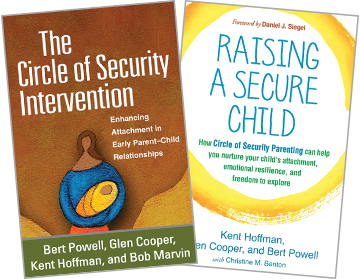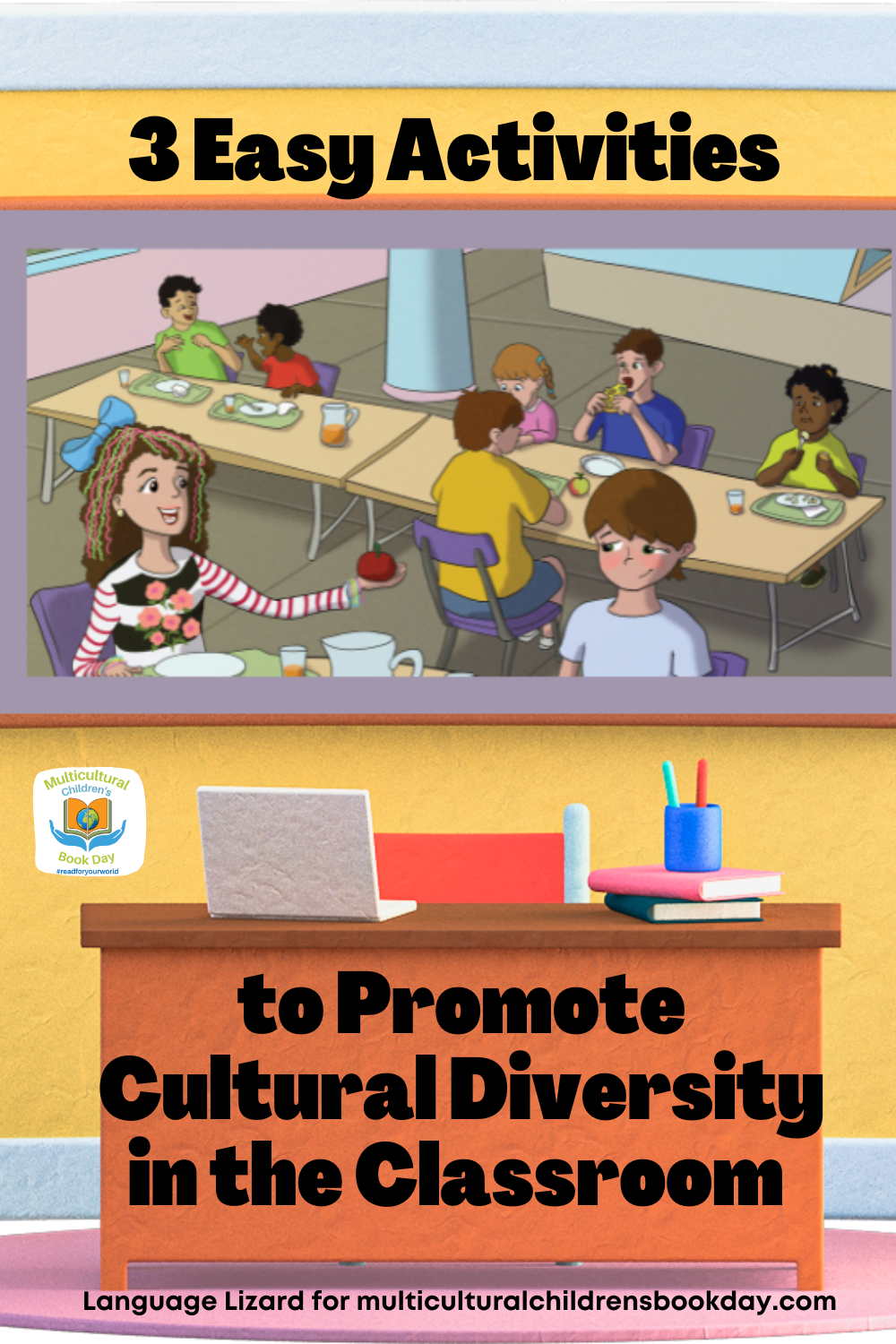
Unlocking the Potential of Child-Centric Education
In the ever-evolving landscape of education, the focus has shifted from traditional, one-size-fits-all approaches to more personalized and child-centric methods. This shift is reflective of the growing realization that each child is unique, with distinct learning styles, interests, and developmental needs. In this article, we will explore the importance of child-centric education and delve into the innovative Montessori philosophy, which has been at the forefront of this educational revolution.
Understanding Child-Centric Education
Child-centric education places the child at the center of the learning process. Rather than adhering to rigid curricula and standardized testing, this approach recognizes and embraces the individuality of each student. The aim is to create an environment that nurtures curiosity, creativity, and a lifelong love for learning. In such settings, educators become facilitators, guiding students in their learning journey based on their unique strengths and interests.
Tailoring Education to Individual Needs
One of the key aspects of child-centric education is the customization of learning experiences. Traditional classrooms often struggle to accommodate diverse learning styles, leaving some students behind. Child-centric approaches, on the other hand, allow for a more personalized curriculum that caters to the specific needs and pace of each child. This not only enhances academic performance but also fosters a positive attitude towards learning.
Fostering Independence and Responsibility
Child-centric education emphasizes the development of essential life skills, such as problem-solving, critical thinking, and decision-making. By allowing children to take charge of their learning, educators empower them to become independent thinkers and responsible individuals. This approach not only prepares students academically but also equips them with the skills needed to navigate the complexities of the real world.
The Montessori Philosophy: A Beacon of Child-Centric Education
At the forefront of child-centric education is the Montessori philosophy, developed by Dr. Maria Montessori in the early 20th century. This innovative approach focuses on creating an environment that supports the natural development of the child. The Montessori method emphasizes hands-on learning, self-directed activity, and collaborative play. These principles align with the core tenets of child-centric education, making the Montessori philosophy a beacon for educators seeking to revolutionize their classrooms.
Montessori Philosophy Concepts
To delve deeper into the Montessori philosophy concepts, one must explore the principles that guide this groundbreaking approach to education. Concepts such as mixed-age classrooms, the prepared environment, and the role of the Montessori teacher are integral to understanding how this philosophy fosters a child’s holistic development. For a comprehensive exploration of Montessori Philosophy Concepts, visit Montessori Philosophy Concepts.
Holistic Development Through Child-Centric Approaches
Child-centric education, inspired by the Montessori philosophy, prioritizes the holistic development of children. This includes not only academic achievements but also social, emotional, and physical well-being. By addressing the diverse needs of each child and recognizing the interconnectedness of various aspects of development, child-centric approaches aim to produce well-rounded individuals ready to face the challenges of the 21st century.
Conclusion
As we navigate the ever-changing landscape of education, it becomes evident that child-centric approaches are not just a passing trend but a necessity for preparing the next generation. The Montessori philosophy, with its innovative concepts and principles, serves as a guiding light for educators seeking to create learning environments that prioritize the unique needs of each child. By embracing child-centric education, we can unlock the full potential of every student and pave the way for a brighter and more inclusive future.




